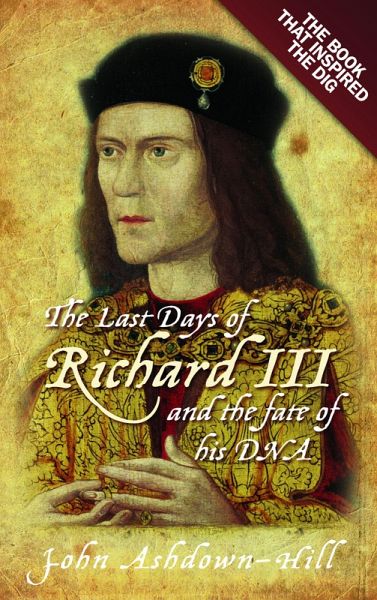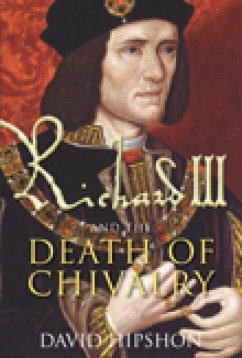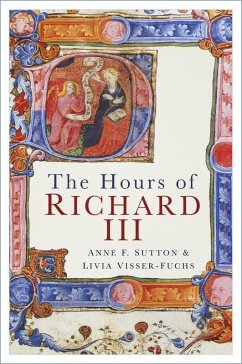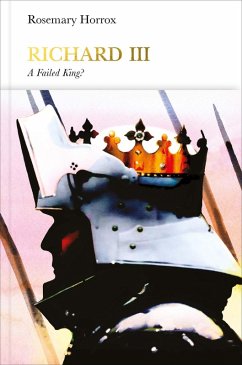
The Last Days of Richard III and the fate of his DNA (eBook, ePUB)
The Book that Inspired the Dig

PAYBACK Punkte
0 °P sammeln!
The Last Days of Richard III contains a new and uniquely detailed exploration of Richard's last 150 days. By deliberately avoiding the hindsight knowledge that he will lose the Battle of Bosworth Field, we discover a new Richard: no passive victim, awaiting defeat and death, but a king actively pursuing his own agenda. It also re-examines the aftermath of Bosworth: the treatment of Richard's body; his burial; and the construction of his tomb. And there is the fascinating story of why, and how, Richard III's family tree was traced until a relative was found, alive and well, in Canada. Now, with...
The Last Days of Richard III contains a new and uniquely detailed exploration of Richard's last 150 days. By deliberately avoiding the hindsight knowledge that he will lose the Battle of Bosworth Field, we discover a new Richard: no passive victim, awaiting defeat and death, but a king actively pursuing his own agenda. It also re-examines the aftermath of Bosworth: the treatment of Richard's body; his burial; and the construction of his tomb. And there is the fascinating story of why, and how, Richard III's family tree was traced until a relative was found, alive and well, in Canada. Now, with the discovery of Richard's skeleton at the Greyfrairs Priory in Leicester, England, John Ashdown-Hill explains how his book inspired the dig and completes Richard III's fascinating story, giving details of how Richard died, and how the DNA link to a living relative of the king allowed the royal body to be identified.
Dieser Download kann aus rechtlichen Gründen nur mit Rechnungsadresse in A, B, BG, CY, CZ, D, DK, EW, E, FIN, F, GR, H, IRL, I, LT, L, LR, M, NL, PL, P, R, S, SLO, SK ausgeliefert werden.













